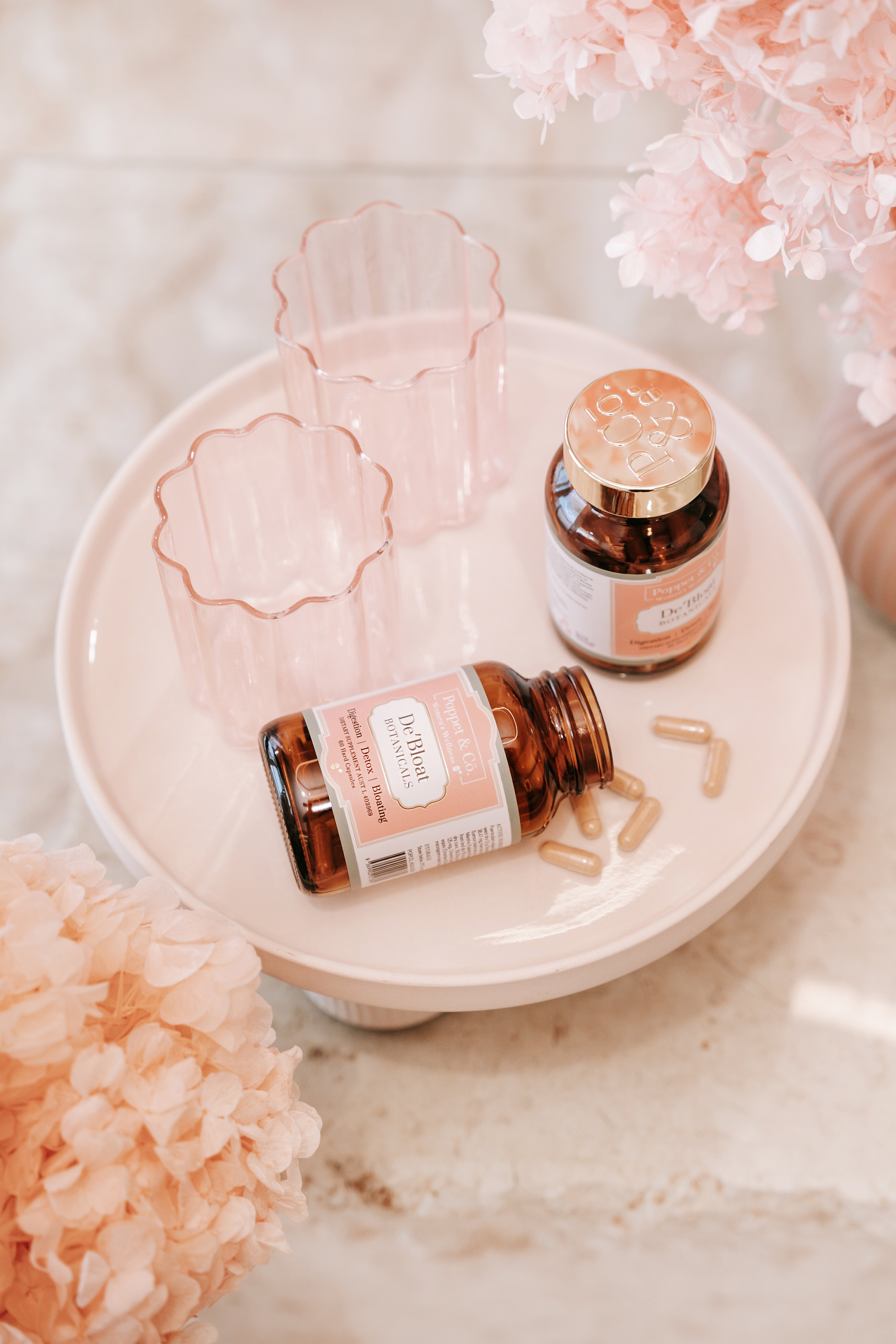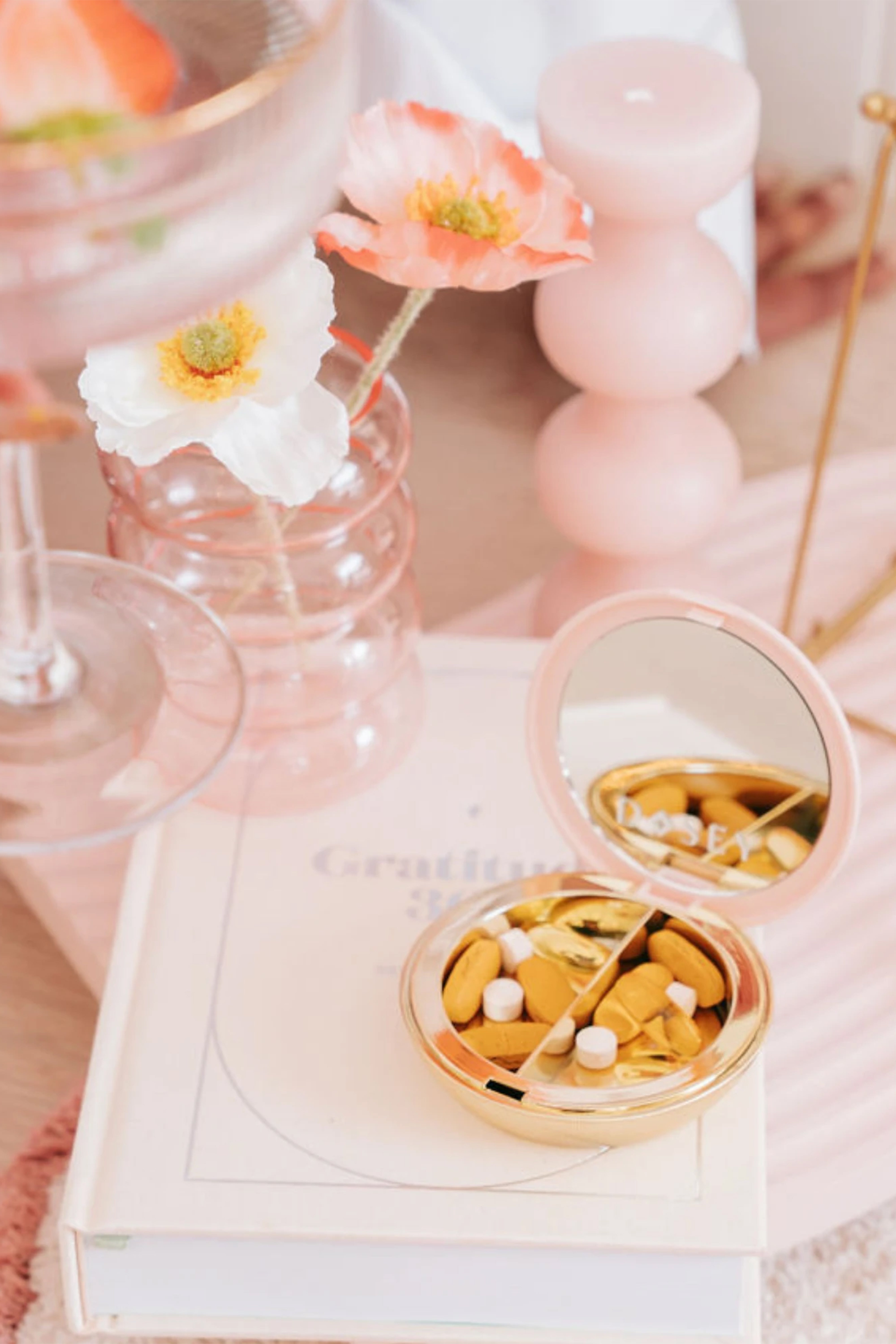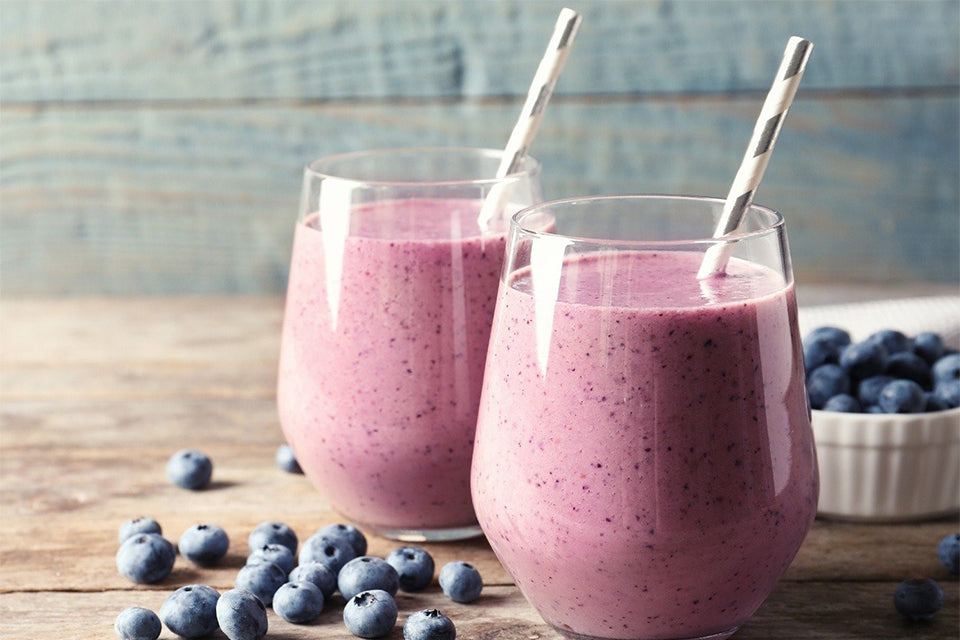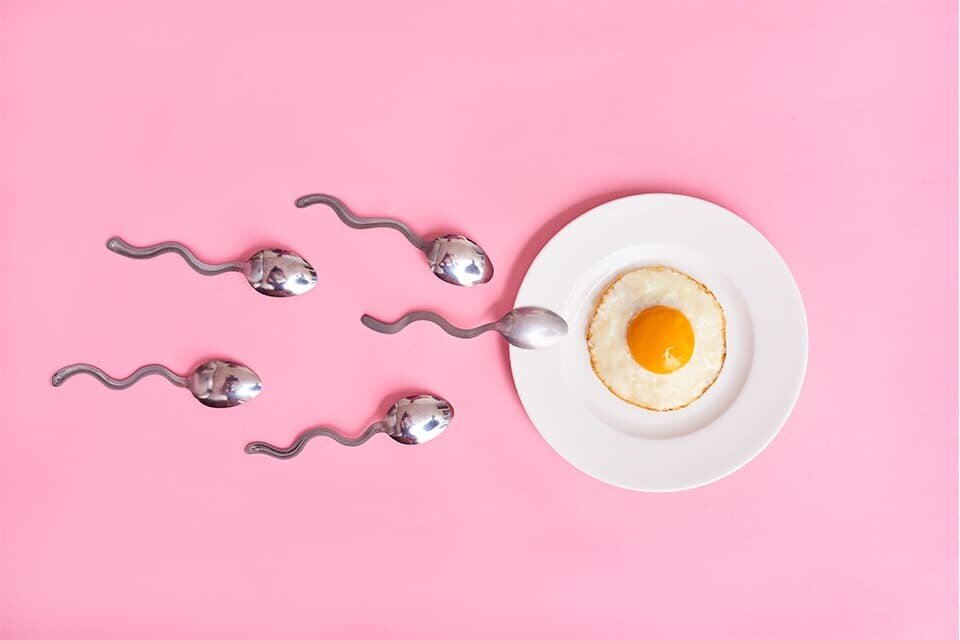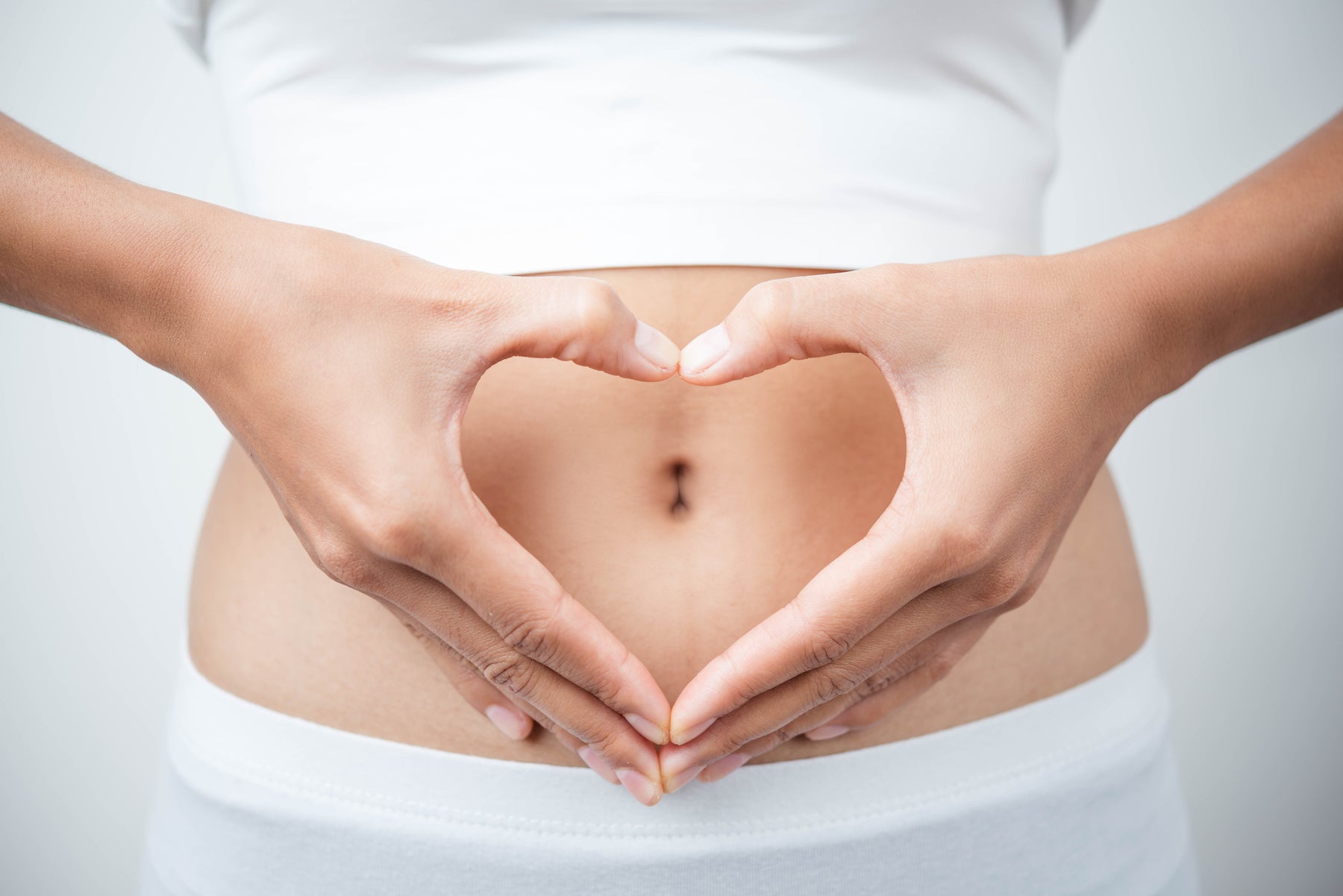
Let’s talk SEX hormones..! Yep PMS (Pretty Much Sucks) | SHESeeks Magazine
November 12, 2021
Let’s Talk Sex Hormones, Yep PMS (Pretty Much Sucks!)
SHESeeks Magazine Feature, 2021 – Written by Abigail Joy
Sex hormones are amazing little substances that can either give you that vital glow, boost energy levels and libido or do a complete 180 overnight and wreak total havoc on your life. A normally calm and rational woman can become an emotional, sensitive, angry, irritable, frustrated hot mess.. Hormones can become unbalanced due to many factors such as age, stress, medication, where you are in your menstrual cycle and current diet and lifestyle habits. So, let’s delve a little deeper into what may actually be happening in your body if you experience Pre-Menstrual Syndrome (PMS).
The main female sex hormones are estrogen and progesterone.
Estrogen is a feminine hormone that plays many roles in the female body. These substances are generally associated with reproduction and new bone growth. Ovaries in menstruating women are responsible for making estrogen, along with small amounts being produced by our liver, adrenal glands and fat cells. The role of estrogen during day 1-14 of an average reproductive cycle, is to lay down the lining of the uterus to prepare for conception. Yep, basically estrogen wants the menstruating female to fall pregnant every single month, whether this is on her agenda or not! Challenges begin to occur when there is an imbalance of one hormone over another; when there is too much estrogen compared to other hormones, particularly progesterone. With our inbuilt biological need to conceive each and every month, estrogen signals the body to ensure that there are enough fat stores. Therefore, it begins to lay down new fat cells in typical areas such as hips, stomach, breasts and thighs. Think Beyoncé curves! This ensures the new fetuses’ survival.
Although estrogen is an essential part of a women’s health, it is generally when there is an excess of it, problems arise.
Too much estrogen in the body at any stage of the cycle is commonly due to the liver recycling estrogen rather than detoxifying it from the body. The liver’s job is to change estrogen before it can be eliminated. If the biochemical pathways are blocked due to a backlog of liver loaders caused by monthly build-up, due to stress and poor lifestyle choices, which are typically linked to reproductive cancers in the body, you may indeed have an excess. If you regularly experience symptoms such as tender and swollen breasts, fluid retention, irritability, painful or heavy periods, emotional sensitivity and mood changes, you most likely have a higher ratio of estrogen. Some ways to combat or reduce these symptoms are by adding in foods like broccoli, cabbage, brussels sprouts, kale and cauliflower and supplementing with turmeric and milk thistle to reduce inflammation and support liver detoxification. Also, herbs such as Dong Quai and Dandelion are useful for fluid retention and reproductive health.
Progesterone is the calm happy hormone that has anti-anxiety effects.
Progesterone also works as an anti-diuretic in the body during the second half of the menstrual cycle. Days 14-28 are also known as the luteal phase, this occurs following ovulation. Progesterone is responsible for many different roles in the body. In terms of reproduction, its main role is to thicken and hold in place the lining of the uterus previously laid by estrogen to prepare for the fertilised egg. Progesterone rises to ensure its safety and the best chance of survival. If no conception has taken place or implantation detected, the lining begins to fall away, bringing a decline in progesterone along with it, where menstruation sets in. With a healthy standard 28-day menstrual cycle, progesterone peaks usually one week prior to menstruation but this decline can often lead to symptoms of PMS. It is important to note the delicate dance between having too much estrogen and not enough progesterone during this phase.
Low progesterone can create a rollercoaster of emotions and undesirable physical and emotional symptoms and ailments.
The ratios put out ever so slightly can often lead to PMS symptoms. Making improvements with diet and lifestyle changes, adding in supplements, and understanding where you sit on the spectrum of having too much or too little of one or both hormones is the first step. Seeking medical advice and blood testing provides the best chance to begin to get back into balance again and enjoy a better quality of life.
You may have low progesterone levels, if the week leading up to your period, you commonly experience feelings of anxiety, low mood, or spotting.
If this is the case, you will need to focus on supporting the health of your ovarian follicles and reducing inflammation in the body by introducing new lifestyle changes. These include limiting your intake of dairy, supplementing with minerals such as magnesium, iodine, selenium, zinc. As well as herbs like Vitex Agnes, Withania, Paeonia and Vitamin B6 to gain some relief of symptoms and promote a healthy cycle.
So, in summary, during the first half ‘follicular phase’ of the menstrual cycle, estrogen is the dominant hormone and progesterone occurs during the second half ‘luteal phase’ of your cycle. Progesterone is only produced afterwards by the ovaries if ovulation occurs. No ovulation means no progesterone. Generally, 10 units or less of progesterone indicates no ovulation has taken place. So, getting to know your body and your cycle is crucial for discovering whether you may have an imbalance, how to improve your reproductive health and reduce symptoms commonly associated with PMS. If you can relate to some or the majority of these symptoms during your cycle, it may be an indication that you have a hormonal imbalance. You are not alone, PMS affects so many women from teens to women in their late 40’s and 50’s, but it doesn’t have to take over your life and stop you living and experiencing a happy, healthy and balanced quality of life.
Feature article written by Abigail Joy for SHESeeks Magazine Australia. Article Link: https://sheseeksmagazine.com/lets-talk-sex-hormones-yep-pms-pretty-much-sucks/. To read more from Abigail check out @Poppet & Co.

